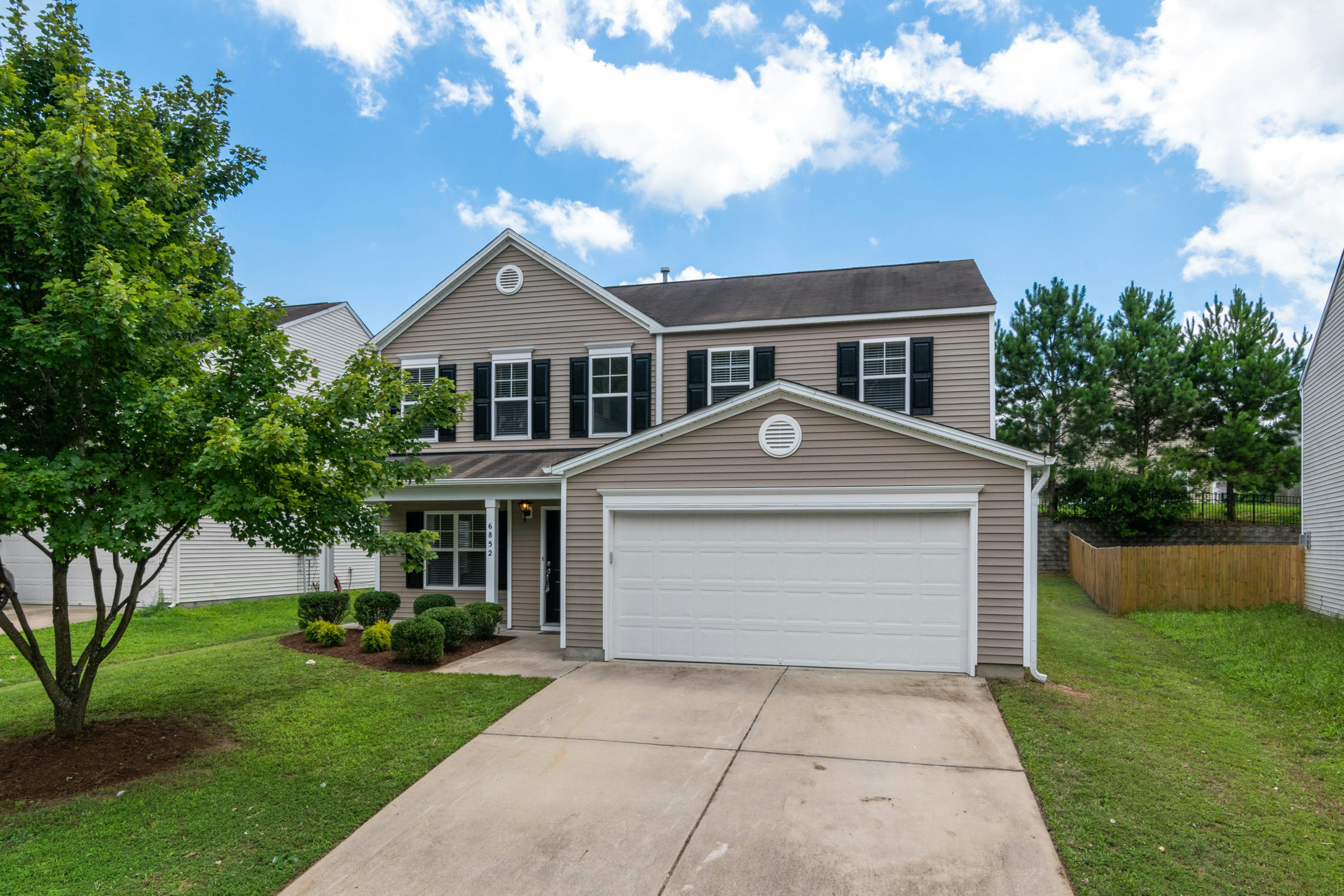When selling your home, real estate agents will want you to enhance the “curb appeal” of your home. If you suspect a carpenter ant or termite infestation in your home, curb appeal and location will be the least of your worries. There are things that can be done to prevent these infestations, but your best bet when dealing with any pest problem is to consult with a pest control professional.
Termites and carpenter ants can be differentiated by their antennae, waist, and wings. Termites also consume wood, while carpenter ants tunnel through wood to build their nests. Once you have established what type of insect you are dealing with, you need to take quick action.
Carpenter ants have their main nesting area outside, in woodpiles, garden barriers, trees, and possibly old tree stumps. They require water and their diet is mainly based on sugar and protein. The ants leave the nest, mostly at night in search of food that can lead them to their home where they usually start a secondary or satellite nest.
Water-damaged wood around doors, windows, and under siding are areas that carpenter ants often invade. Ants can also use overhead wires that can reach your home, where they will find nesting areas in fiberglass insulation and even roof and ceiling joists. They prefer moist wood, but will also nest in dry wood once they have access to it.
If you have seen these ants swarming in your garden, you may need to take preventive measures. This would include repairing any damaged wood around doors or windows, and removing any brush or wood that is in contact with your home. The National Pest Management Association (NPMA) recommends trimming overhanging tree limbs that touch the side or roof of your home. It would be wise to look around your home for any of the problem areas listed above and for evidence of ants.
Evidence may include:
• Ants outside, usually 10-15 together may indicate a nearby nest
• Dead ants or pieces of ant bodies around doors, window frames, and wall voids.
• Piles of “excrement”, the remains of wood consumed to build the satellite nest
• Small pieces of insulation or other small pieces of insects
Since you are trying to sell your home, the best solution to eradicate these pests is a licensed pest management professional. They can provide a quick fix.
Your house is for sale and since the damage has already been done, preventing further damage is essential. Doing this work yourself is generally not the best option if you want the problem resolved quickly and professionally. Eradicating these pests may require the use of chemicals that you have no experience with. A licensed professional is always best when chemicals of any kind are used near living areas. The experienced practitioner has been trained to use products that will effectively eliminate your problem safely around people and pets.
Want to get a barrier product to keep the ants out? Do you want traps or insecticides to poison them? What are the best products to use? These are all questions that a professional can answer after a thorough inspection of your property. You, on the other hand, may end up with an unpredictable approach, costing you time and money. An experienced pest management professional will immediately know the best approach to eliminate your infestation without confusion.
Some people may try to take matters into their own hands and place barrier products and poisons in their homes. Using two methods of defense may seem more productive than one, but these two products can work against each other. The barrier keeps ants out, but that means ants that have been in contact with the poison won’t have access to the satellite nest inside your home. You want the ants to return to carry the poison to the nest where the ants will groom each other and consume the poison. With few or no ants in the nest, some may die, but the nest will regenerate fairly easily.
If you decide to drill into the infested wood and put the poison in directly, you could end up creating additional problems in your home. How deep do you have to go? How big is the area you need to treat? If you are drilling into a wall void, are there pipes or electrical cables there? Once again, the professional pest control specialist knows the answer to these and other questions. They have much more experience in this type of work and they know where the electrical cables and pipes usually are. An experienced professional can also make areas look much better cosmetically after treatment to help restore curb appeal. You don’t want evidence of drilling that your failed attempts might leave behind.
A licensed professional will also offer a strong warranty that will help even after you’ve sold the house and moved on. The new owner can be referred to the professional who performed the work in the event of a new problem or recurrence.
Once you’ve decided on a pest control specialist as your solution to this problem, you’ll want to make sure you have the right one. The NPMA suggests that you ask to see the license and other credentials.
Treatment prices can vary widely depending on the size of the infestation and the amount of damage the ants have caused. An average treatment could cost around $275 to $375. These experts can make your home a better, more attractive place and make it the last place ants want to take up residence.




